It’s been 625 days since President Barrow came to power. The man is a political VIP now. It’s remarkable really. His is that of a man who has always been meant to rise to the top of the pile. Just that ‘Barrow, The President’ has enduring limitations as time has come to tell us.
Without doubt, the road already had the look of rough and uncertain. That’s what most countries get after they manage to exorcise their vicious days – something that’s hardly to be wondered at.
Right, we all know it’s actually been difficult for President Barrow. And understandably so for someone who isn’t that cut out for the daily grind of being President. He always insists otherwise.
During the President’s last media outing of which I attended, I carefully looked at a man whom I gave my vote to. He looked positively confident as he laughed all the time. The only time he didn’t laugh was during his 8-minute astonishing paean of bile against Dr Ismaila Ceesay.
But that’s Dr Ceesay’s fault. You don’t go about calling people clueless and expect them to be cool with it. Yet, there stood a sweat-soaked President responding to questions from journalists – trying to find solutions to his nation’s most pressing problems.
I have to say I left the presidency that day a loathed journalist since I was the one who asked the ‘disrespectful’ question that got the President really riled. Some people there and even outside went as far as contending that it was personal. That it was because of Mai Fatty (I was his media adviser when he was Interior Minister).
Truth is I HAVE no problem with President Barrow’s sacking of anyone. I mean anyone and that includes Mai Fatty. Barrow is the President and he has every right, with prudence of course, to hire or fire. I just have a particular style to journalism of which I plan to keep really.
One way or another, the events and trends of the past 19 months have been so absorbing. However, it’s the errors made that have particularly jolted a very engrossed citizenry. Some of these errors, shockingly or embarrassingly, have caused big PR kerfuffles.
The donation of 57 pick-up trucks to members of the National Assembly is one. The hiring of a convicted drug dealer as an adviser is another. And the most recent, of course, would be reports that President Barrow has been trying buy the support of National Assembly Members. Should the reports pass the barometer of truth, it will be the single biggest error to have been produced by President Barrow’s clearly faltering administration.
Meanwhile, it’s nobody’s fault that the number of people who are critical of President Barrow has grown. Because the President isn’t too incisive a President, the tendency for him to make mistakes and go on to take a beating for them has been so high. His critics base will to grow even larger as his mandate courses down. That’s for sure.
Of course we’re faced with a daunting political landscape but there’s plenty to be positive about. President Barrow’s just got to be a bit more decisive. I have watched him in awe as he dragged his feet on even the simplest of decisions. So far he holds the record as the president who has set up the most probes.
And I have a feeling this President seems not bothered about the one thing that could ruin everything. It’s not rocket science to know that corruption is the one thing that could spoil any party. Corruption is this government’s biggest threat so far. Fight it, you’ll be right. Ignore it, you will be so wrong.
Lamin Njie wrote from Serekunda. You can email him at [email protected]

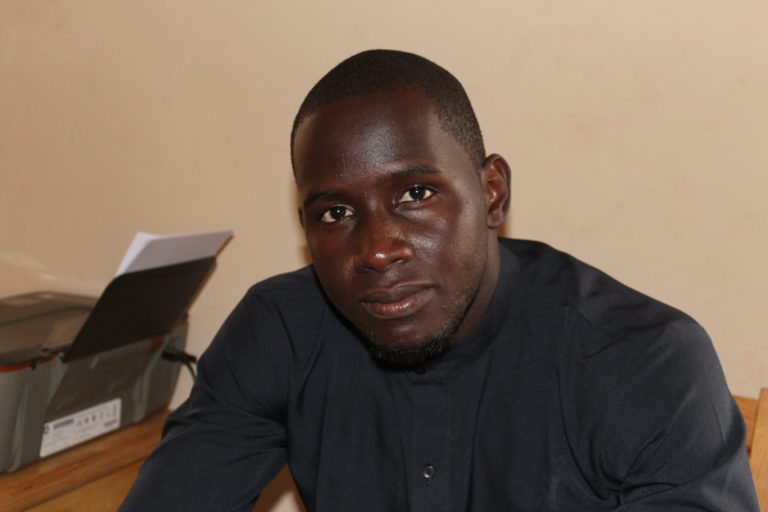
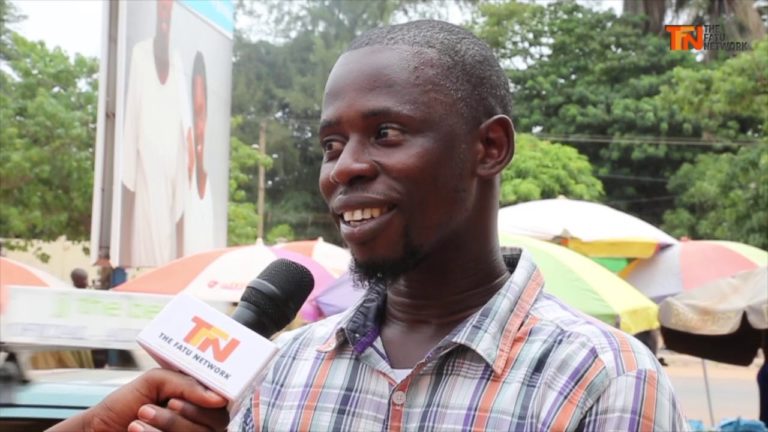

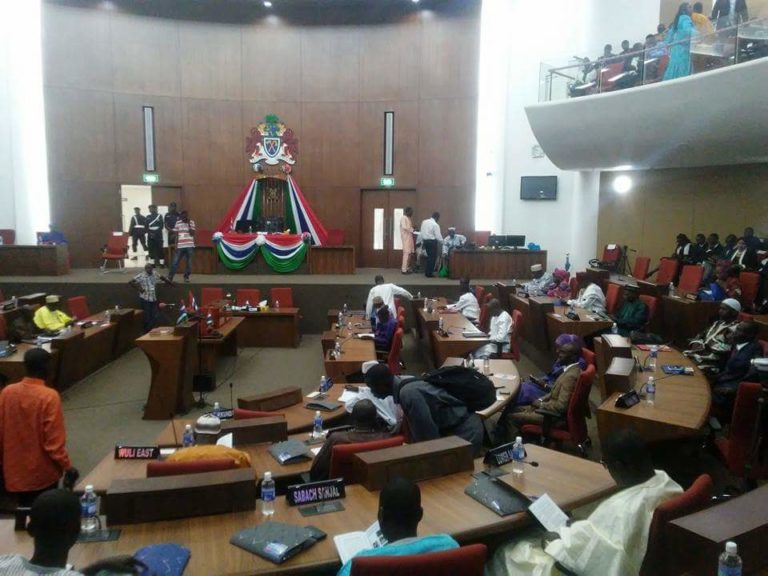
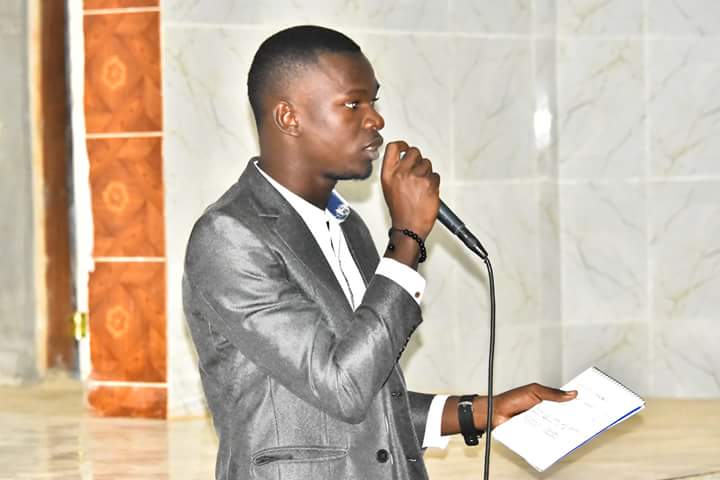
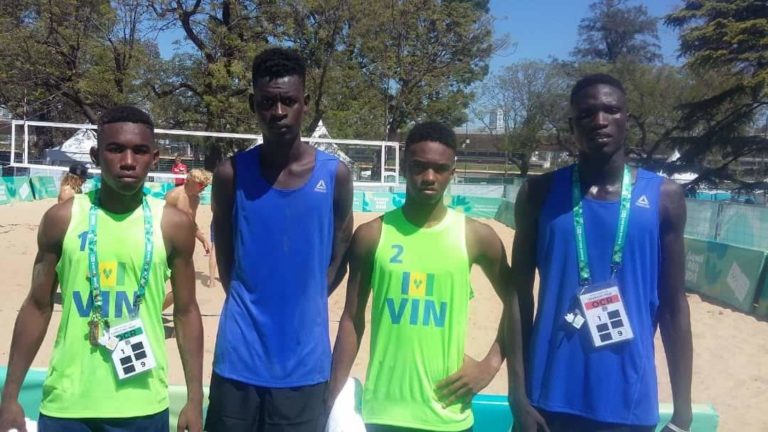

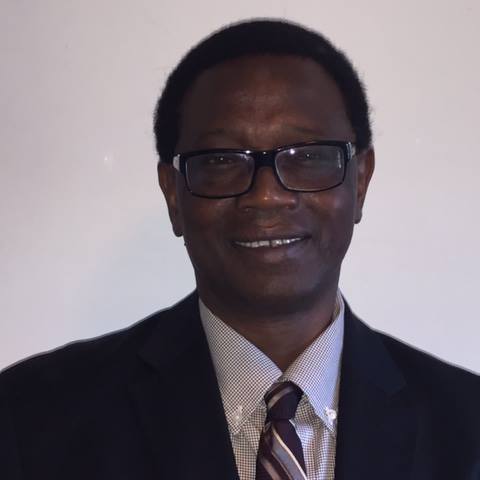
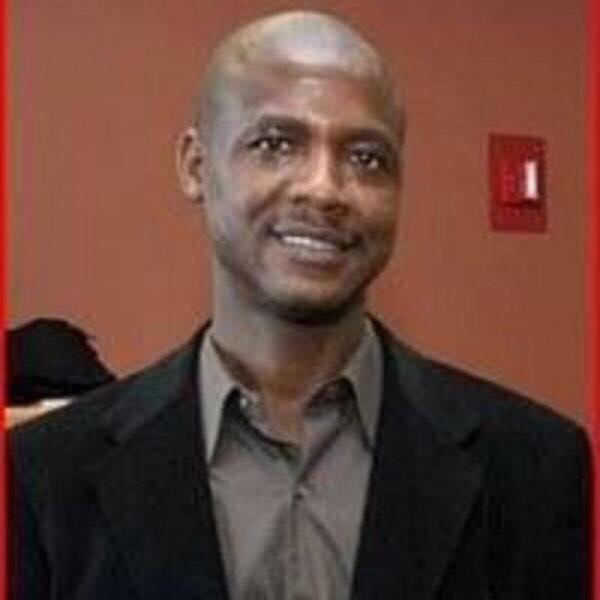
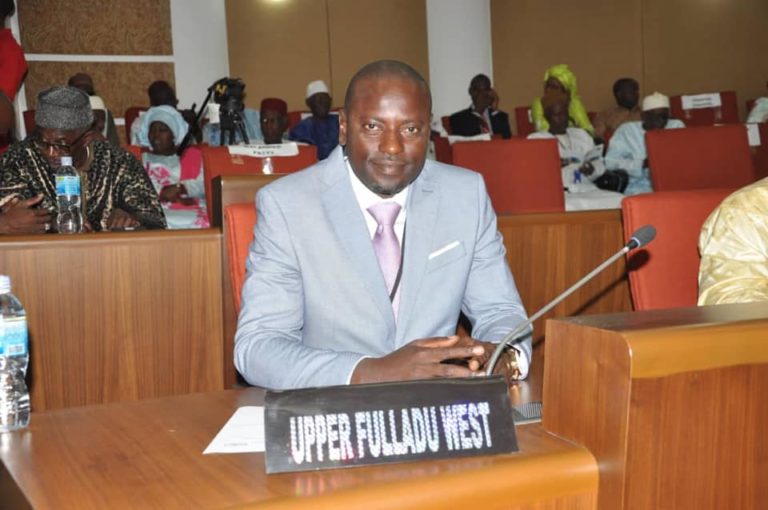

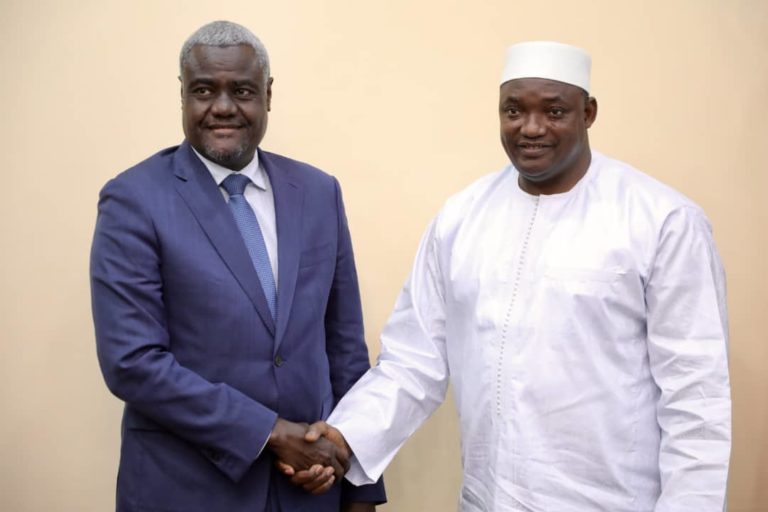
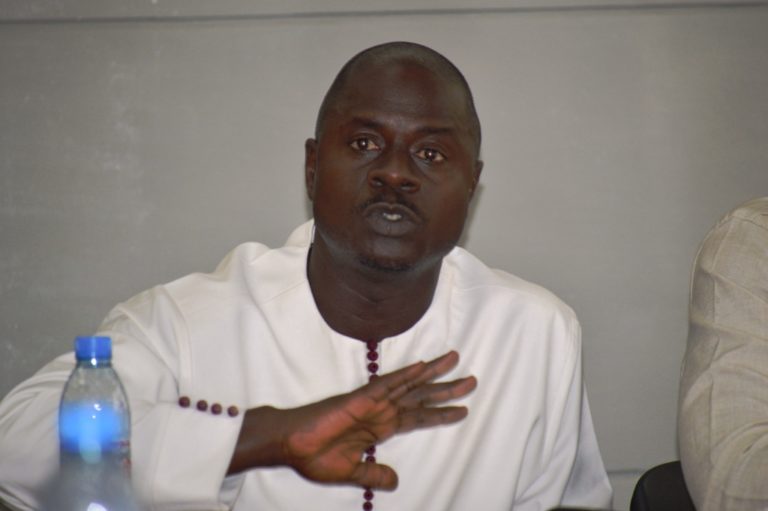
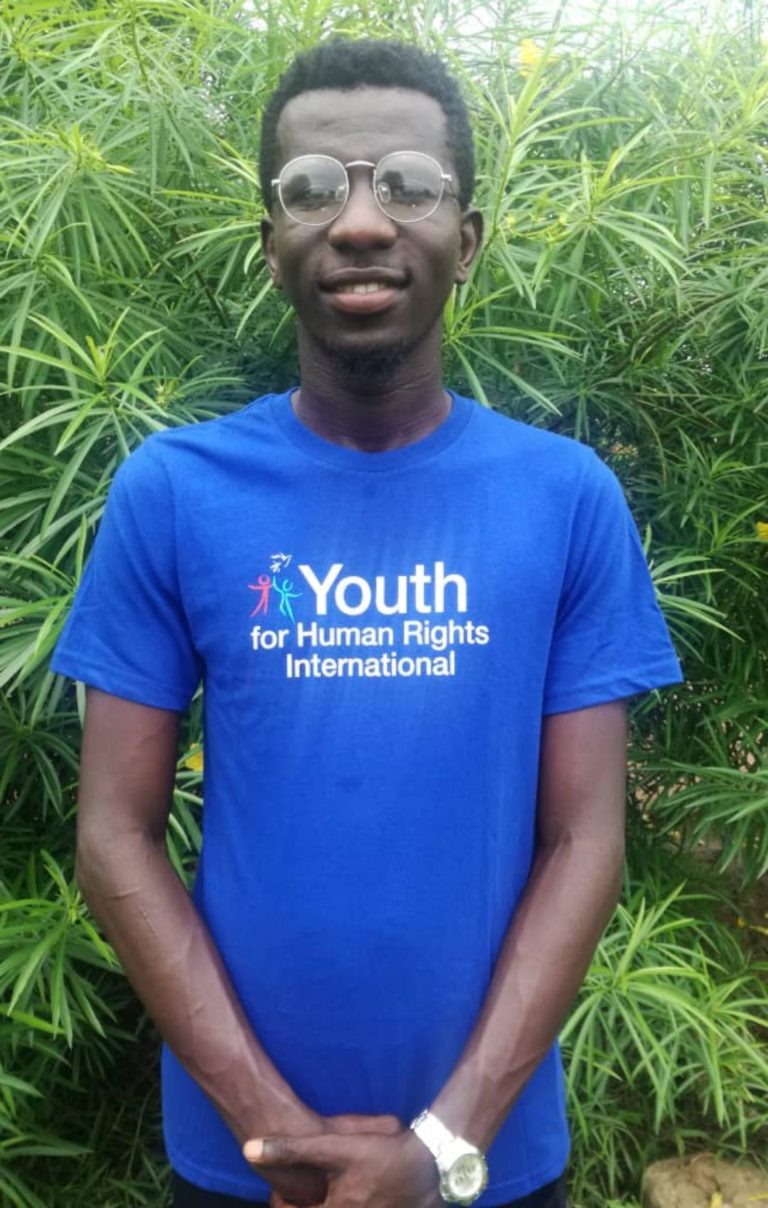
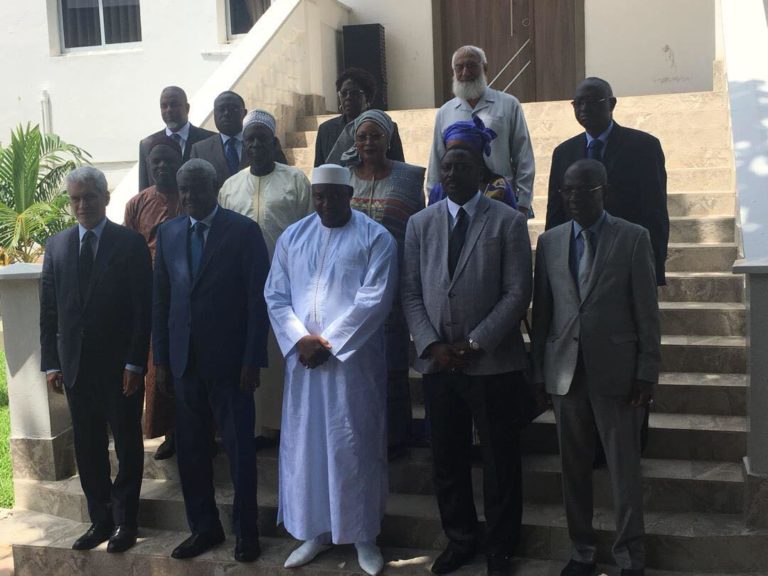


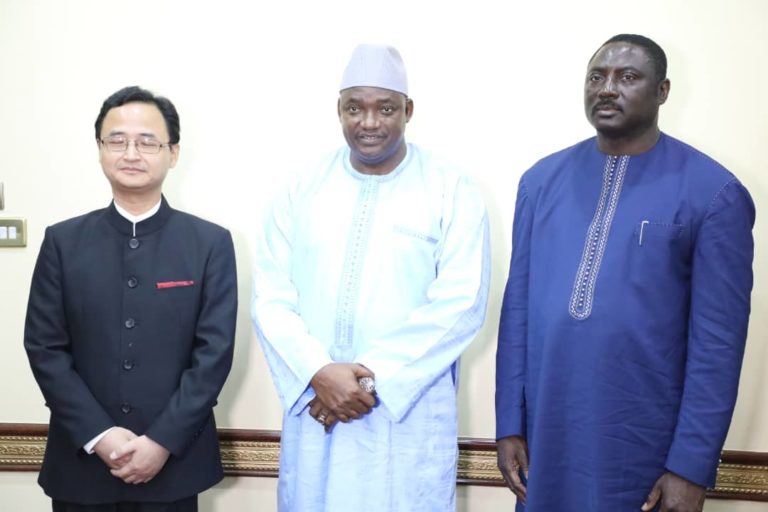
The Democratic Route
While many people in the country are currently embroiled in the debate of ‘the brown envelopes’ from the Presidency, or the issue of succession in the United Democratic Party (UDP) – which are both important of course – I wish to write on another matter of gigantic importance. This is an issue about which every Gambian should be concerned because it has to do with the type of government we will have in the country in the future.
Sometime last week, the Independent Electoral Commission (IEC) sent out a letter to all registered political parties in The Gambia reminding them of their constitutional obligation to hold biennial congresses. The said letter informed that since the Act was passed and made it binding on political parties, it has observed that some parties in the country had not complied with that law.
Thus, the IEC gave an ultimatum that if any party does not hold said congress until the 31stof December 2018, it will run the risk of being deregistered as a political party in the country. This is a matter of grave importance as it is the political parties that give us the President, the Members of Parliament and the Councilors who will run the affairs of the nation. The truth is that, any party that is not democratic while in the opposition cannot be expected to be democratic when they come to power.
The political parties must conduct congresses to discuss issue of importance in the country. It is in these congresses that they should hold democratic elections to choose the leadership to have democratic structures which will transform itself into a government if, and when they are elected into office.
These parties should have democratic structures and principles. For instance, there should be term limits in the parties to ensure that they don’t have the same person serving as Secretary General for eternity. This, if it happens, will enable other members of the party to run for office so that it does not have to be the same person running for the presidency all the time. It will make sure that the party conducts primaries to choose the best, most suitable or qualified person as a candidate.
Besides, our opposition parties, if they conduct primaries and put in place all the democratic institutions, should set up shadow governments in preparation for the day they will be given the mandate to govern by the electorate. In this manner, they will have plans and policies on all areas of importance in the country. For instance, they should have a shadow minister of Education, Health, Agriculture and all other positions which have to do with the progress of the country. They do not have to wait until they are elected to start rushing to prepare for these eventualities. That is what makes a government reactionary because they did not have any plans before taking office.
In the same vein, I wish to suggest that laws regulating party funding be put in place to ensure that all parties are transparent and democratic in all their activities even before they come to office. If a party is not transparent and democratic while in the opposition, we cannot expect it to become a model of democracy when elected to run the country. Thus, all these have to be learnt at party level so that we will always have experienced and well-trained people to take over from whichever party is ruling.
These structures in a party give the members an opportunity to learn leadership and be prepared in the principles of governance in readiness for office. With that in place, any member of a party who is serious and takes part in all party activities will understand the running of party and country.
When parties put accountability measures in place and use them in their own party, it will give all its members the required knowledge to hold elected officials in check and make sure that they do not go beyond their mandate This is how we will have a transparent and responsible government in our country.
Tha Scribbler Bah
A Concerned Citizen